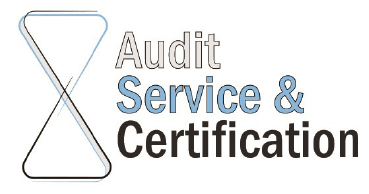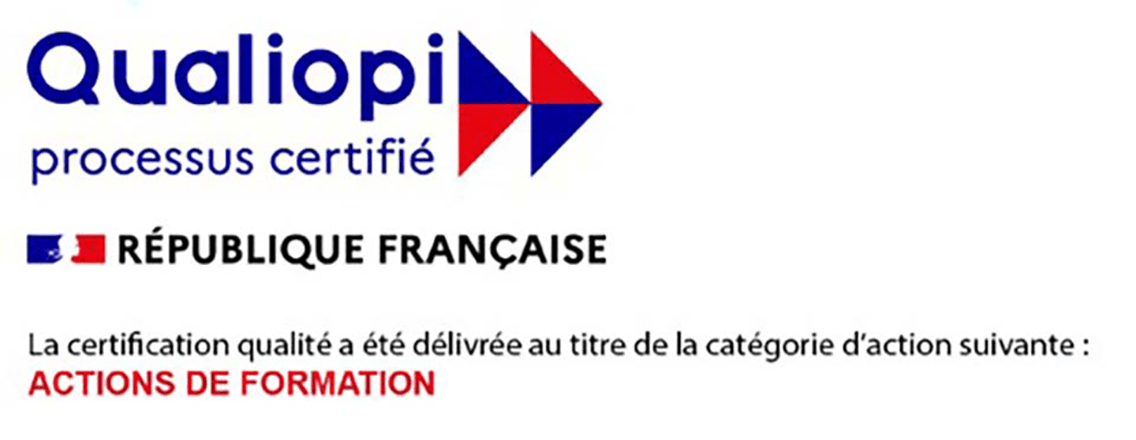Drive efficiency with virtual, face-to-face, or blended business language and cultural awareness training.
We set learning goals by analysing your company’s training needs and employees’ CEFR levels with online tests and oral assessments.
Next, we develop a comprehensive training programme for your company to teach relevant business language skills with authentic workplace simulations and teaching materials.
We regularly review your employee’s progress and set them up with online learning resources to self-study so they can master real-life work situations.

Pre A1: Can ask and answer very basic personal questions and give short, simple descriptions of objects, pictures, and actions.
Pre A1: Can comprehend very simple, familiar topics and descriptions about people or objects with the help of pictures.
Pre A1: Can write short, simple phrases or sentences about personal details, likes and dislikes, and familiar topics.
Pre A1: Can understand short, simple signs and notices, factual texts, and stories with the help of pictures.
A1: Can talk to colleagues about themselves and ask simple personal questions when people are willing to talk slowly.
A2: Can engage in simple conversations about familiar work-related topics like booking a meeting or sending an email.
A1: Can grasp simple instructions that include familiar phrases for basic tasks like making a coffee.
A2: Can understand familiar vocabulary in meetings, presentations, and social situations but won’t catch every word.
A1: Can write basic emails and fill in simple forms. Business documents are too challenging at this stage.
A2: Can write short emails and work-related documents like simple reports created with a template.
A1: Can grasp short, simple texts like business emails, notices, and posters that contain familiar words
A2: Can read short, simple text and find predictable information in things like emails, minutes, and texts on familiar topics.
B1: Can give reasons for their opinions, advise clients on familiar subjects, and engage in social conversations like talking about a football match.
B2: Can give a simple presentation on a familiar topic, talk fluently in the right formality, ask questions and understand the answers, and express their opinion.
B1: Can grasp the main points of work-related conversations and follow a simple presentation when the speaker talks clearly.
B2: Can understand extended speech, people’s points of view and reasoning, and technical information related to their area of work – even if it’s non-routine.
B1: Can write routine emails, factual documents, and status reports and respond to predictable client requests.
B2: Can write simple reports and know how to explain their viewpoint and non-routine documents when they’re factual.
B1: Can write routine emails, factual documents, and status reports and respond to predictable client requests.
B2: Can write simple reports and know how to explain their viewpoint and non-routine documents when they’re factual.
C1: Can engage in extended conversations only asking for clarity on occasion, negotiate with clients, contribute to meetings and deal with most requests.
C2: Can speak fluently and confidently, understanding and talking with ease, offering advice on complex topics, using colloquial language.
C1: Can grasp a wide range of familiar and unfamiliar topics surrounding business meetings, presentations, talks, and social situations.
C2: Can understand highly complex information even if it’s not related to their work area and have a firm grasp of sensitive or delicate matters.
C1: Can write clear, well-structured, and detailed emails, reports, and business documents even if the subject is complex.
C2: Can write long, complex, and technical business documents with the ability to summarise points, write persuasively, and structure correctly to draw attention to main points.
C1: Can understand most reports in a short amount of time, explicit and implied meanings, nuances, and read complex information.
C2: Can read pretty much anything without needing to refer to a dictionary, interpret almost all forms of writing and appreciate subtle differences in tone of voice.
Your dedicated Training Consultant develops robust business language programmes that make sense for your unique goals and business strategy.
They ensure your language training programme runs smoothly with regular reports, advice, and support, while our online portal keeps you and your employees updated with training appointments, resources, and real-time progress.

We’re globally-recognised as a quality language training provider by the British Council (UK), Qualiopi (France), TÜV Rheinland ISO (Germany), and Audit Service & Certification ISO (Italy).
With quality assurance inspections, effective feedback systems, and intensive staff training, we maintain the highest degree of quality at all times.




A mix of written activities, workplace simulations, games, and quizzes help your employees to absorb information from our live classes, study at their own pace, and put what they learn into practice.
The teaching material we provide for virtual and face-to-face language training has been carefully curated by experienced training experts and is highly effective in developing business language skills.
We include authentic work-related materials based on your learner’s role, industry, and workplace to ensure what your employees learn are highly relevant, practical, and useful in specific business settings.
Linguarama Connect is our custom-built learning platform that helps employees practice what they’ve learned in language training classes with interactive activities, personalised content, and live webinars.
